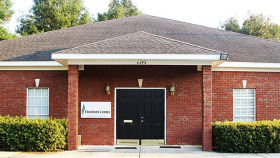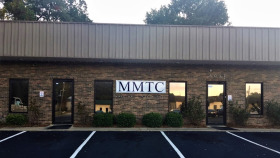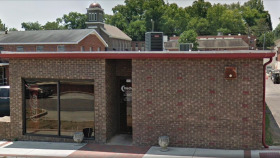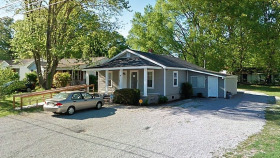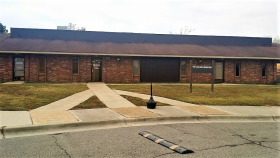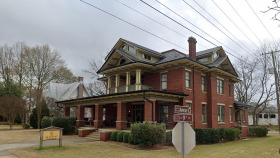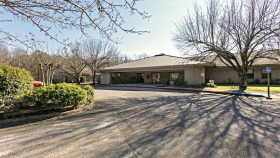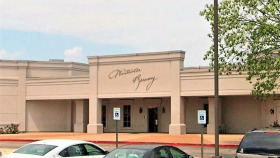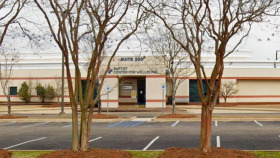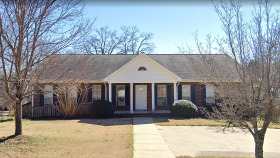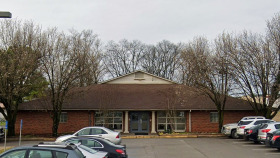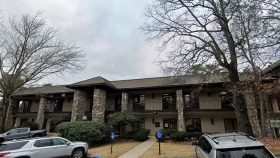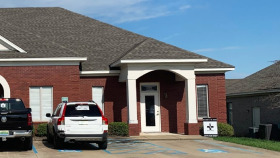Expert Insights
I was a “Suboxone doctor,” but I never considered my patients to be “drug addicts.” This can seem contradictory to many official reports that call Suboxone a highly abused medication.
The 2025 Alabama Drug Test Assessment has noted that over 10,000 Suboxone pills were confiscated from state prisons in 2023. However, the majority of the folks I treated were simply clinging to what remained of their previously very normal life. They were housewives, attorneys and college students, but they had this horrible secret: they had become dependent on opioids.
The sad truth is that our war on opioid abuse has created collateral damage. When people with pain can no longer get medication from their doctor, they are left with few options, and some of those options are illegal or even deadly. The Drug Test Assessment notes that fentanyl is now the greatest drug threat among Alabamians.
My sincere hope is that people in this situation will seek help. Treatment works, and when it works, people can finally get their lives back.
~ Matthew N. Parker, MD
How Much Does Drug Rehab Cost in Alabama?
Alabama is ranked 40th nationwide in terms of addiction treatment affordability, with an average cost of drug and alcohol rehab of $58,607 (without insurance).
- Medical detox is the most expensive, with an average cost of $144,488
- Long-term inpatient drug rehab in Alabama costs an average of $51,717
- Outpatient addiction treatment in Alabama costs an average of $8,593
- Outpatient methadone treatment is the most affordable, with an average cost of $7,635
The cost of alcohol and drug rehab in Alabama varies from facility to facility based on several factors. Some of the many variables that will help determine your treatment costs include:
Whether you need inpatient or outpatient treatment
The type of facility you select (luxury vs. standard)
The length of time you spend in treatment
Whether you have health insurance and what your plan covers
Whether you qualify for reduced-cost or free care at a government-funded or non-profit center
If the potential cost of care feels somewhat overwhelming, know that most facilities and detox centers have several payment options to help you access care. Some addiction treatment centers offer financial assistance or income-based services, and most accept public or private insurance to reduce costs.
Paying For Addiction Treatment in Alabama
It may be challenging to pay for addiction treatment in Alabama. Treatment is expensive, but far less expensive than addiction when you include the cost of the drugs, damaged relationships, unemployment, and possible jail time. Consider the following options to help cover treatment costs that can improve your quality of life.
Private Pay + Insurance
You may have commercial health Insurance from an employer or through the Health Insurance Marketplace. Two federal laws regulate health onsurance providers, mandating coverage for essential health services, including mental health and substance, use treatment. However, there are exceptions to insurance policies. This means it is necessary to verify your insurance coverage before getting treatment.
Health insurance policies in the marketplace must comply with coverage for treatment for mental health conditions and substance use disorders. Some people who have private insurance choose self pay or private pay. This reduces the potential their employer will learn of their drug or alcohol rehab treatment. Following are some of the major health insurance providers in Alabama.
- Blue Cross and Blue Shield of Alabama
- Celtic Insurance Company
- UnitedHealthcare
Medicaid
Medicaid is state and federally funded health coverage for people who meet the criteria, which include U.S. citizenship or qualified immigrant status, a current Social Security number, resident of Alabama and specific income levels. Alabama is one of 10 states that does not participate in expanded Medicaid income qualifications.
This means you must meet stricter eligibility qualifications to receive Medicaid benefits. Medicaid Covers mental health, substance abuse and addiction treatment. In Alabama, more than 1 million people receive Medicaid benefits, which is administered by Alabama Medicaid Agency, which has celebrated the 50th anniversary of offering covered benefits to state residents.
Medicare
Medicare is health coverage funded by the federal government primarily for individuals who are 65 years and older. There are two parts to Original Medicare. Medicare Part A covers inpatient care and Medicare Part B covers outpatient care, including treatment for mental health conditions and substance use disorders.
In Alabama, more than 1 million people who are enrolled in Medicare and 57% of those have a Medicare Advantage Plan. Medicare Advantage is also called Medicare Part C. It is a premium based plan sold by commercial health insurance providers to coordinate care for Medicare Parts A and B, and sometimes offers more benefits. including behavioral health benefits to treat substance abuse and addiction.
Military Insurance
TRICARE is the military insurance provider that coordinates care from Military Health System. They provide VA health benefits that cover military health facilities, civilian health facilities and health care professionals. Their coverage extends to active duty and retired military personnel and their families, National Guard and Reserve members around the world. TRICARE organizes health care in three regions and two are in the United States. Alabama is managed by Humana Military in the East Region.
Military personnel also have access to VA health care at hospital facilities, many of which treat mental health conditions and addiction. There are four inpatient facilities in Birmingham, Montgomery, Tuscaloosa, and Tuskegee and two outpatient facilities in Dothan and Selma.
Tribal Funding and Programs
The Substance Abuse and Mental Health Services Administration offers tribal funding opportunities, that include help applying for grants. Tribal Opioid Response Grants address the opioid crisis through culturally competent and evidence based treatment programs.
There are 44 substance abuse treatment and prevention grants in Alabama. Nine of these are intended to address the needs of tribal communities. Grant money is available from the Alabama Department of Economic and Community Affairs to help people in the state prison program break away from drug addiction and violence.
Other Low-Cost Options
If you don’t qualify for commercial health insurance or health insurance through the military, there are still ways you can lower your expenses. The quickest way is to take out a personal loan. Bank loans offer the most confidentiality but loans from friends and family usually have a lower interest and better repayment terms.
In addition, local businesses in Alabama may have grants and scholarships to help pay addiction treatment costs. You may consider nonprofit faith based or community based organizations, which usually accept donations and can offer free treatment when they have scholarship funds available.
Resources
- Centers for Disease Control and Prevention, National Center for Health Statistics. (2022). Drug Overdose Mortality by State.
- Substance Abuse and Mental Health Services Administration. (2022). Medication-Assisted Treatment (MAT).
- U.S. Department of Veterans Affairs. (2022, October 12). Substance use treatment for Veterans. https://www.va.gov/health-care/health-needs-conditions/substance-use-problems/
- Substance Abuse and Mental Health Services Administration. (2024, April 17). Tribal funding opportunities. https://www.samhsa.gov/tribal-affairs/funding-opportunities
- Substance Abuse and Mental Health Services Administration. (2024, May 16). Tribal Opioid Response Grants. https://www.samhsa.gov/tribal-affairs/tribal-opioid-response-grants
- Alabama Department of Economic and Community Affairs (2024). Residential Substance Abuse Treatment Grant. https://adeca.alabama.gov/rsat/
- North American Syringe Exchange Network. (n.d.). GoodWorks: North AL Harm Reduction. https://nasen.org/sep/goodworks-north-al-harm-reduction







